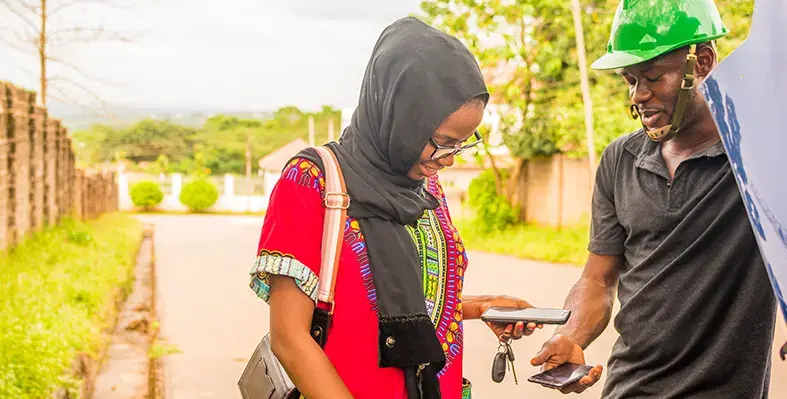
Liquid Intelligent Technologies has introduced BIA service to deliver reliable, high-speed, and secure internet for South African businesses. (Image source: Liquid Intelligent Technologies)
Liquid Intelligent Technologies, part of Cassava Technologies, has introduced a new Business Internet Access (BIA) service in South Africa, designed to meet the evolving connectivity needs of businesses, big and small
This latest offering brings fast, reliable internet without the high cost and complexity usually associated with Dedicated Internet Access (DIA).
What makes BIA stand out is its dedicated internet line for each customer. That means consistent speeds for important tasks without interruptions. And to give businesses even more peace of mind, the service comes with a solid Service Level Agreement (SLA), 24/7 support every single day of the year, and up to 99% guaranteed uptime.
“Reliable internet is no longer a nice-to-have, it’s essential for any business to function properly,” said Ziaad Suleman, CEO of Cassava Technologies in South Africa and Botswana. “With BIA, we’re not just launching another product, we’re making sure businesses across South Africa, regardless of their size, have the tools they need to grow and contribute to our economy. It’s about making sure no one is left behind.”
Cybersecurity is also top of mind with this launch. Every BIA connection includes real-time DDoS visibility reports, helping companies spot and respond to potential threats before they cause harm. This kind of insight allows businesses to stay a step ahead when it comes to digital security.
Backed by Liquid’s own network infrastructure, BIA is part of the company’s ongoing mission to support growth through smart, scalable, and affordable digital solutions. With this new offering, Liquid is reinforcing its role as a leading provider of technology services in South Africa, helping businesses run smoother, faster, and more securely.
























